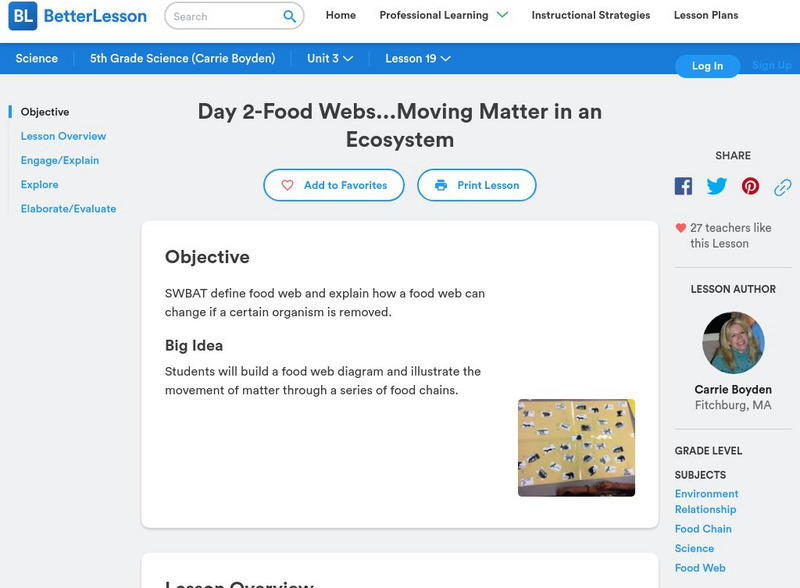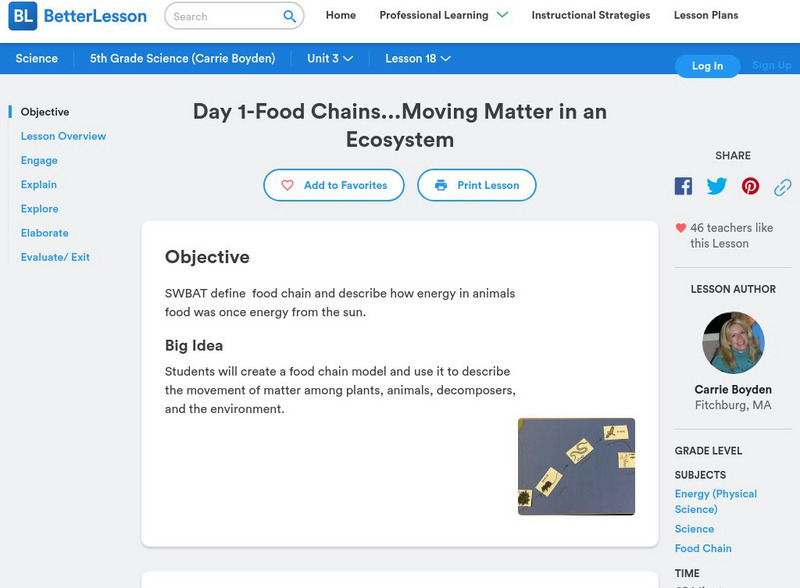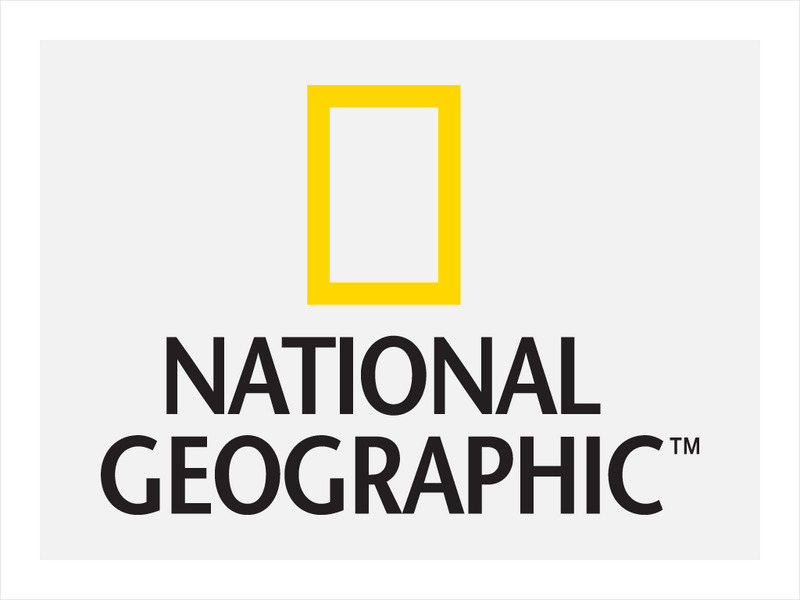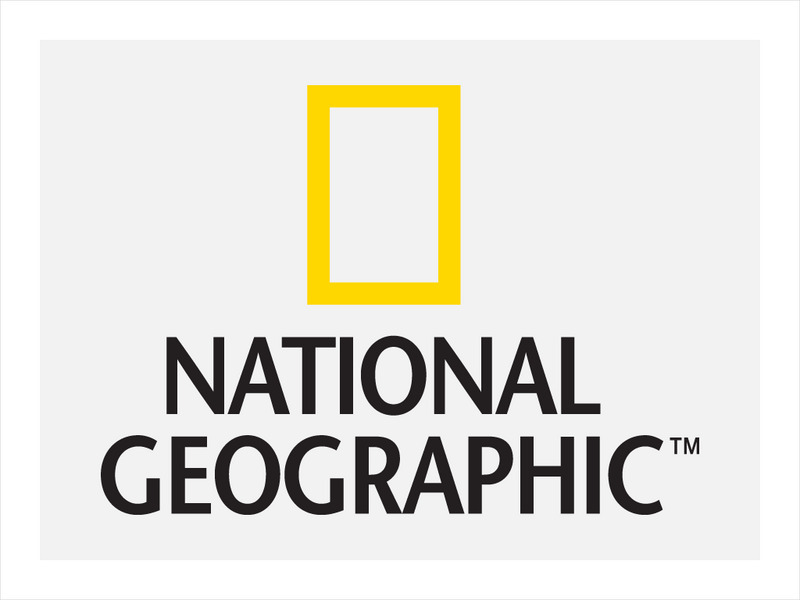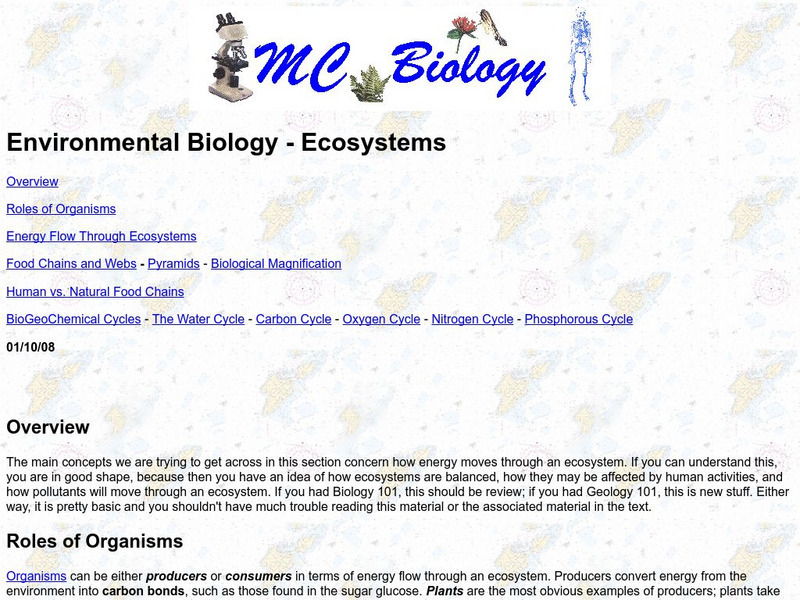Better Lesson
Better Lesson: Food Webs Moving Matter in an Ecosystem(day 2)
Students will build a food web diagram and illustrate the movement of matter through a series of food chains. Resources include detailed plans, examples of student work, videos of the lesson in action, and sample food webs.
National Geographic
National Geographic: Marine Food Webs
For this lesson, students learn about marine food webs and pyramids, and how energy flows through a marine ecosystem. They then research a marine organism and its role in a marine food web. The class pools their information to create a...
TeachEngineering
Teach Engineering: Got Energy? Spinning a Food Web
Students learn about energy flow in food webs, including the roles of the sun, producers, consumers and decomposers in the energy cycle. They model a food web and create diagrams of food webs using their own drawings and/or images from...
Utah Education Network
Uen: Nhmu: Living Food Web
Fourth graders will be able to name some plants and animals that live in Utah's desert, forest or wetland ecosystems.
Utah STEM Foundation
Utah Stem Action Center: Great Salt Lake Ecosystem
This lesson plan provides an eight-day flow of educational activities in which learners use the Great Salt Lake ecosystem to explore food webs and how changes in living and nonliving factors affect different populations.
Better Lesson
Better Lesson: Food Chains Moving Matter in an Ecosystem (Day 1)
Students will create a food chain model and use it to describe the movement of matter among plants, animals, decomposers, and the environment. Resources include a detailed lesson plan, student handouts, pictures of a completed chain,...
NOAA
Noaa: Estuaries 101 Curriculum: Estuary Food Pyramid
Students learn about the feeding relationships in an estuary ecosystem with this interactive energy pyramid activity. A second activity involves research and a video clip to elaborate the learning.
National Geographic
National Geographic: Marine Ecosystems and Biodiversity
In this unit young scholars explore major marine ecosystems by locating them on maps. Students use marine examples to learn about energy transfer through food chains and food webs and then they discuss how food webs can illustrate the...
Other
My Science Box: Food Webs
In this lesson, students will choose an organism of their choice and research its life cycle, food chain, diet, and habitat, then predict how habitat change might affect the organisms living within it.
Alabama Learning Exchange
Alex: Biodiversity: Local Ecosystem & Food Web
This is a hands on lesson in which students will explore their local community to identify living things. It can be used as part of a unit on biodiversity and energy transfer within a biology, zoology, or environmental science course, or...
Other
Digital Library for Earth System Education: Teaching Box: Seasonal Upwelling
A suite of lessons focusing on the process of upwelling. Inquiry-based exploration of seasonal upwelling includes marine food webs, food production in the ocean, wind-driven ocean currents, and seasonal changes in biotic and abiotic...
National Geographic
National Geographic: Marine Ecosystems and Biodiversity
A collection of three lessons where students learn about abiotic factors in marine ecosystems, about marine food chains and biodiversity, and about marine food webs and trophic levels. Includes handouts, website links, and a vocabulary...
Other
Marietta College: Biology: Energy Flow Through the Ecosystem
Read to understand how energy and inorganic nutrients flow through a food chain in an ecosystem.
Ducksters
Ducksters: Science for Kids: Food Chain and Web
Kids learn about the food chain and food web. How energy cycles and transfers through living organisms.
TeachEngineering
Teach Engineering: Go With the Energy Flow
Students learn about energy and nutrient flow in various biosphere climates and environments. They learn about herbivores, carnivores, omnivores, food chains and food webs, seeing the interdependence between producers, consumers and...
PBS
Pbs Teachers:kamchatka: Land of Abundant Salmon
Identify the three main groups of fishes and identify external and internal bony fish anatomy and physiology. Examine the Kamchatka ecosystem and the role of salmon in the food web, and describe the salmon spawning cycle.
